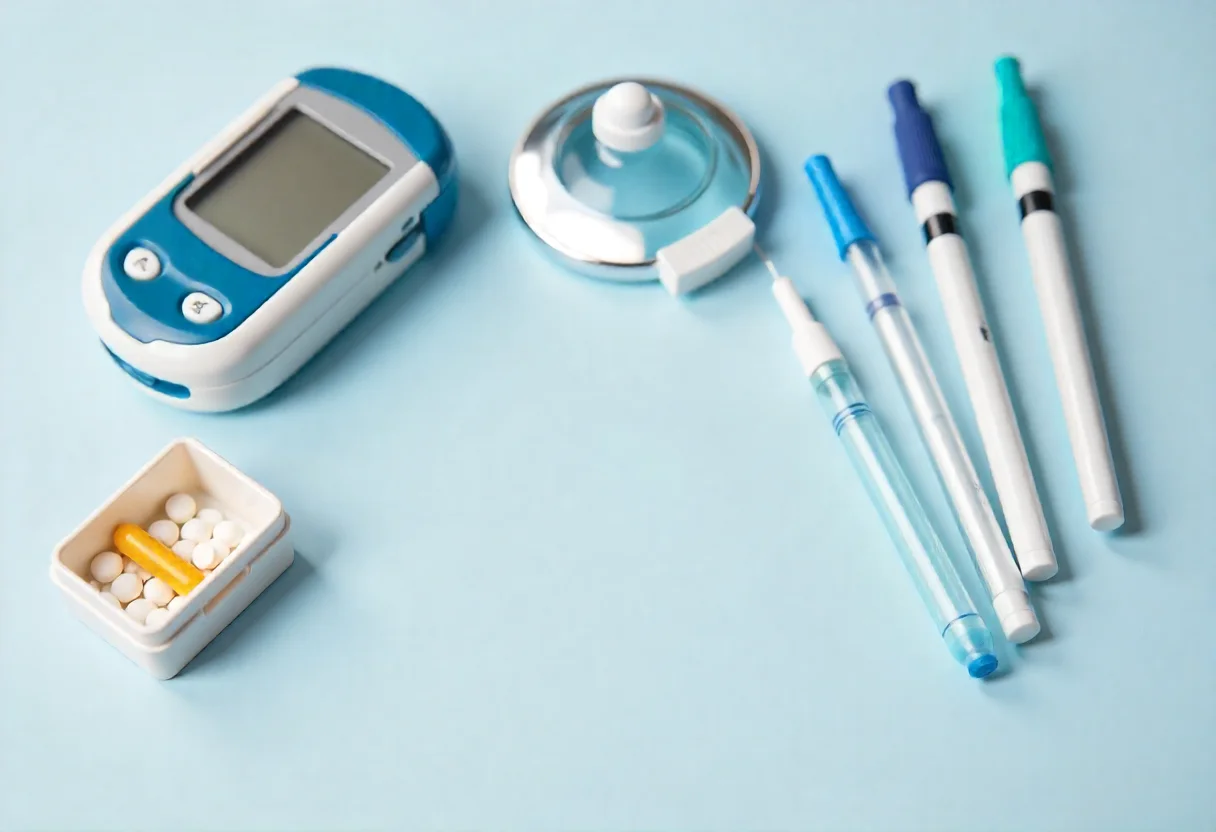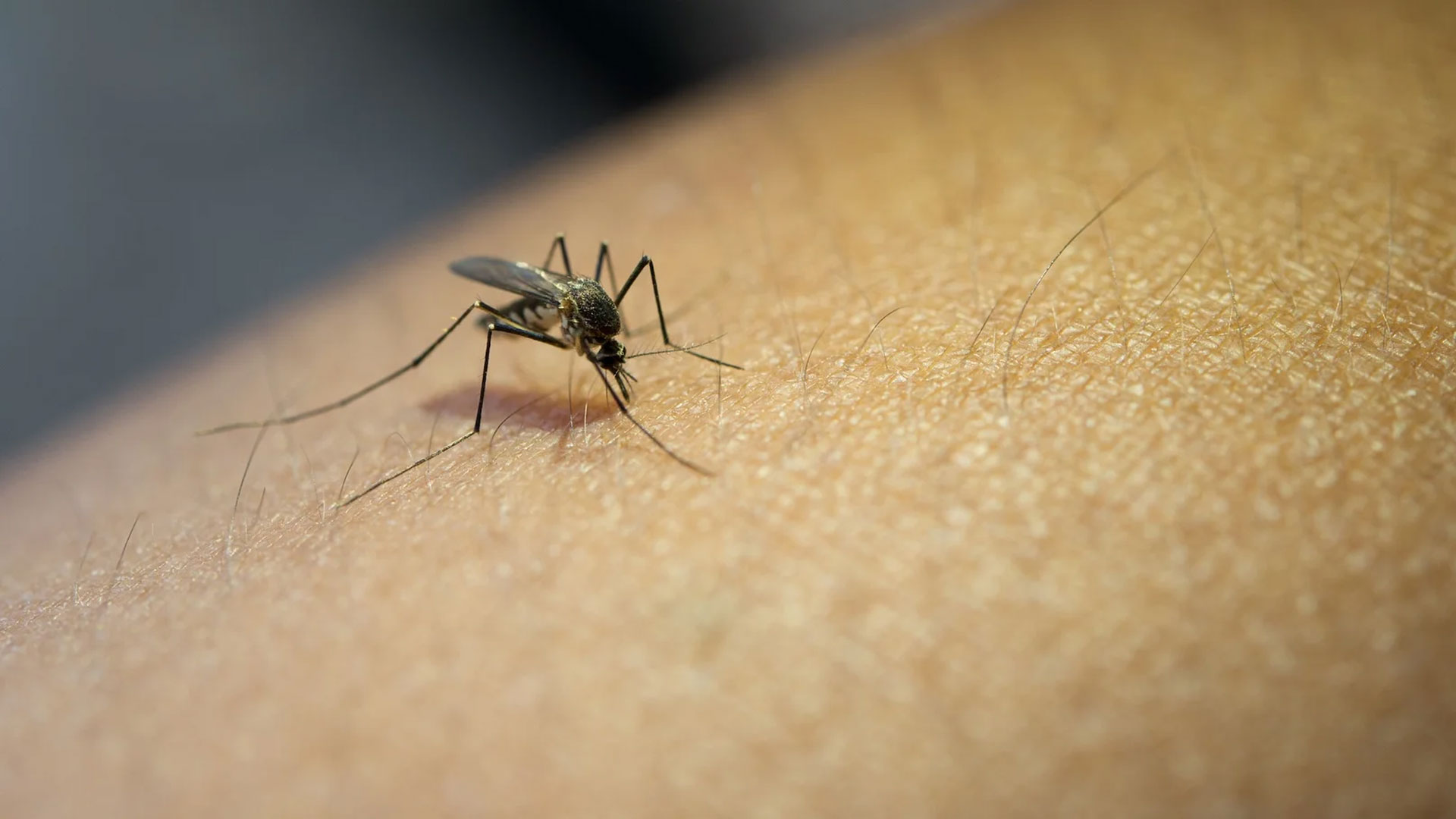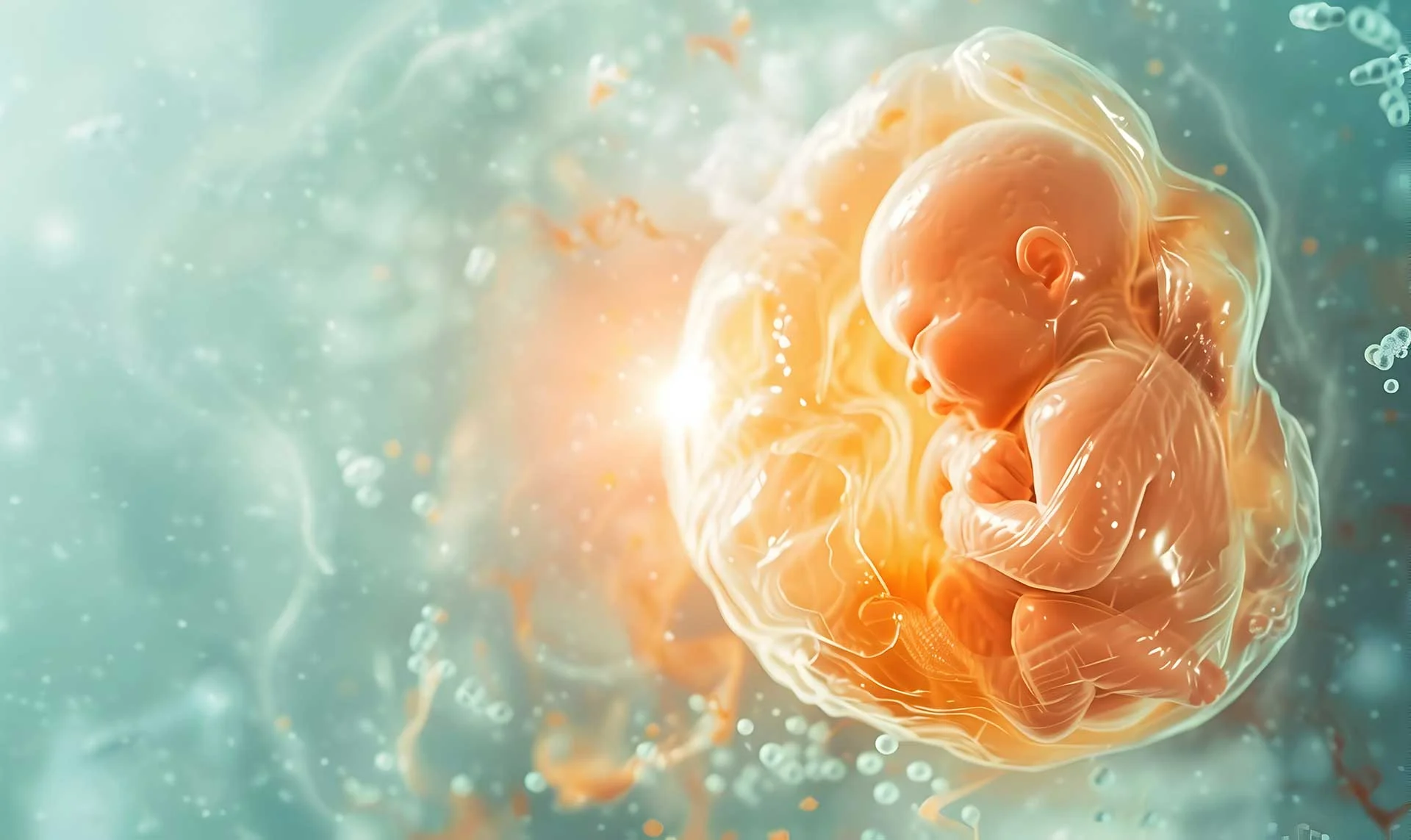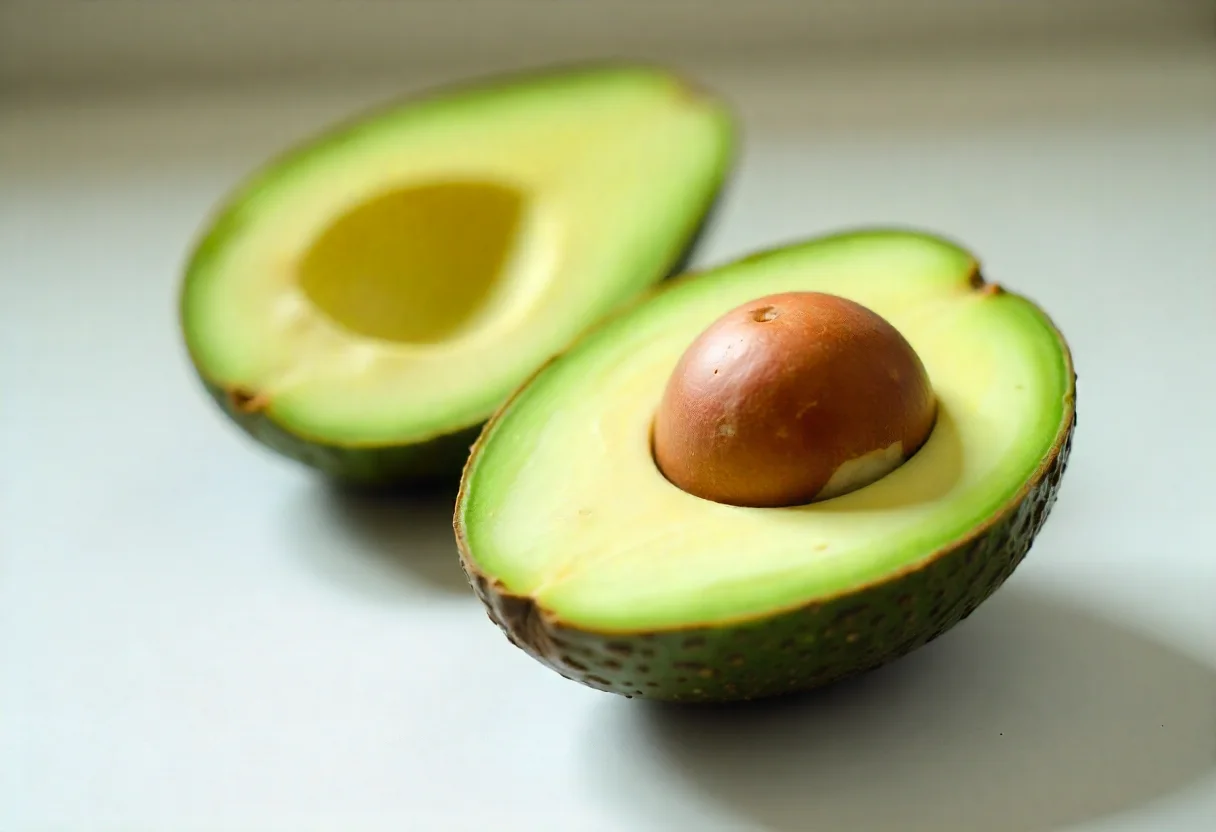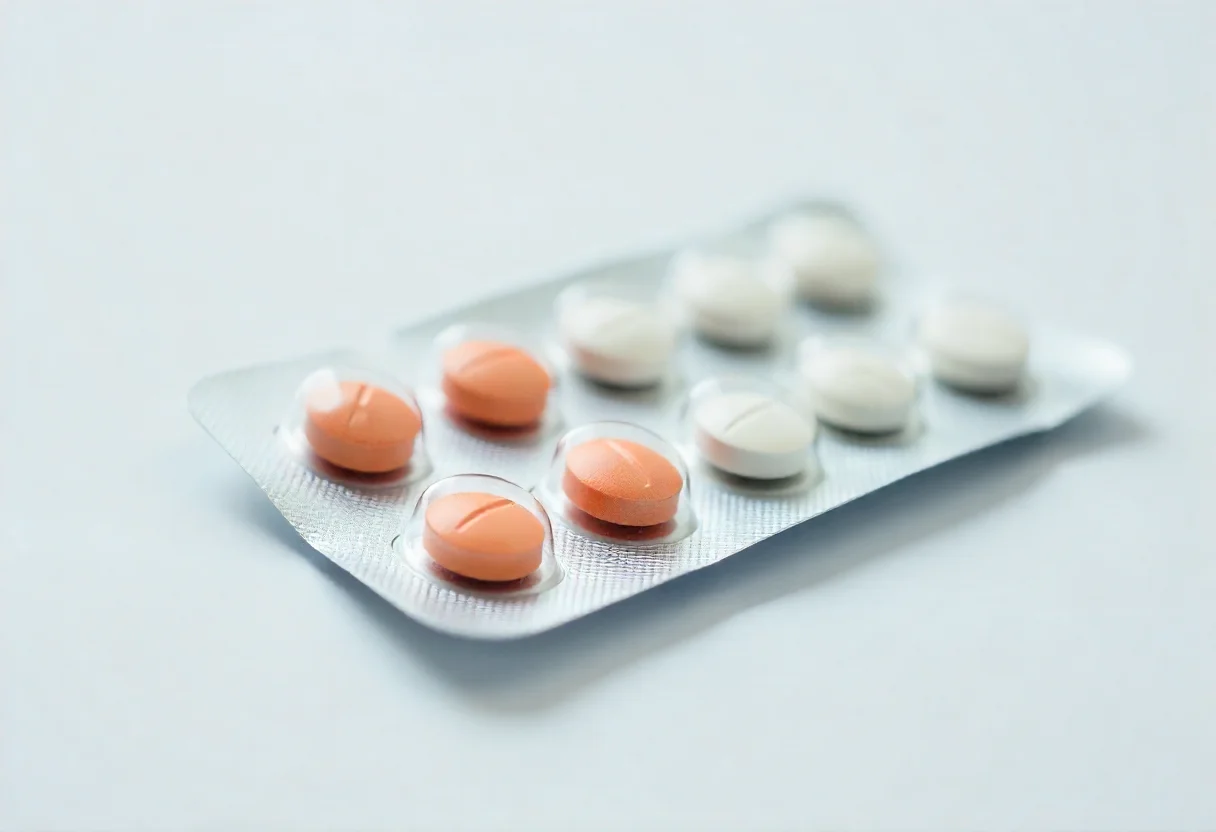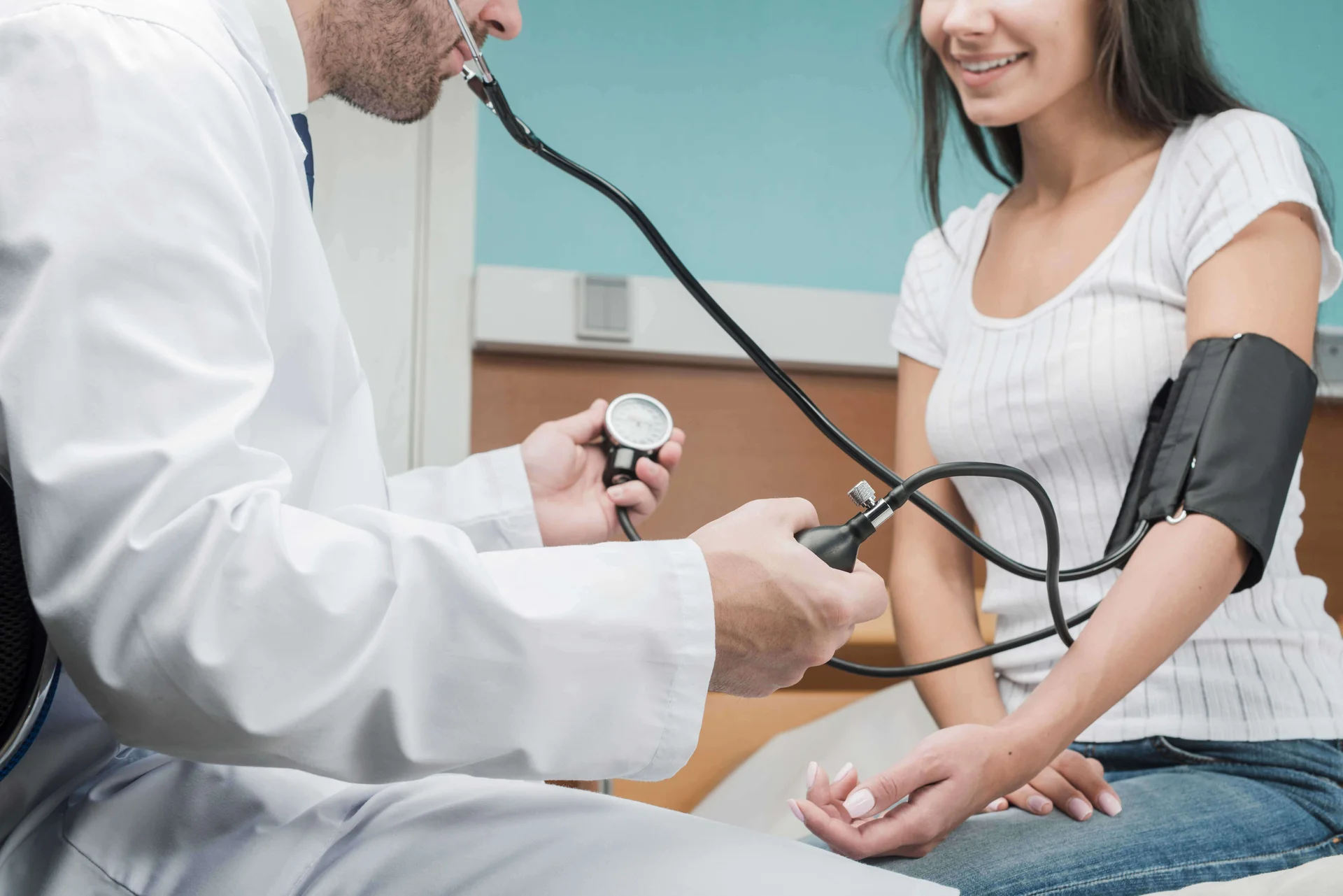
Hypertension or high blood pressure is a chronic disease in which the blood pressure in the arteries is permanently high (140> and/or 90> mmHg in repeated measurements). This can cause significant problems in some organs, especially the heart, brain, and kidneys if left uncontrolled. The heart pumps blood throughout the body. Blood pressure is the blood pressure in the vein during this pumping. This pressure is necessary to ensure the distribution of blood throughout the body. But sometimes there is much more pressure in the veins than it should be, and this is expressed as hypertension or high blood pressure.
Hypertension continues to be an important health problem all over the world. It is known that hypertension, which is seen in almost one out of every three adults, is a chronic disease as well as causes important problems such as heart disease and stroke, which can result in death. Over time, increased pressure can cause small bumps in the vessels called aneurysms, leading to an enlarged heart, which increases the risk of heart attack and heart failure. In addition, high blood pressure plays a role in the development of atrial fibrillation, which is one of the heart rhythm disorders. Chronic kidney disease can develop due to damage to the blood vessels in the kidneys. Another important organ affected by hypertension is the eyes, where small blood vessels are sensitive to high blood pressure, so vision problems and even blindness can develop.
Hypertension occurs for two main reasons: Although the cause of primary (essential) hypertension is not known exactly, it is accepted that more than 90% of cases are in this way. Secondary hypertension, on the other hand, is a type of hypertension that is seen due to a specific cause (chronic kidney disease or renovascular diseases, primary aldosteronism, Cushing's syndrome, pheochromocytoma, hyperparathyroidism, hyperthyroidism, obstructive sleep apnea, aortic coarctation, and some drugs) and constitutes approximately 10% of the cases. Since some drugs are known to increase blood pressure, hypertension patients should tell their doctors and pharmacists that they have blood pressure before using non-steroidal anti-inflammatory pain medications, corticosteroids, some birth control pills, especially cold medications, and nasal sprays containing decongestant drugs. Herbal products such as licorice, St. John's Wort, and high-dose ginseng are also not recommended for use by hypertension patients, as they can also raise blood pressure.
Hypertension is a common disease. For this reason, everyone, whether they have hypertension or not, should have their blood pressure checked at least once a year. Certain factors can trigger the development of hypertension. Among these factors, the most common ones are family history, advanced age, chronic kidney disease, and the presence of diabetes. Apart from these, smoking and alcohol, overweight, excessive salt use, insufficient potassium consumption, sedentary life, stress, and some medications also play an important role in the development of hypertension.
Most people with hypertension usually live asymptomatic at first. Although some patients have complaints such as headaches, annual blood pressure measurement is valuable for diagnosis, as mentioned above, due to the lack of symptoms specific to hypertension. In individuals who have been living with hypertension for a long time but are not aware of it, various findings can sometimes be seen in the eyes, kidneys, brain, heart, and vessels due to target organ damage. The fact that patients live asymptomatic lifes for a long time can delay the diagnosis of hypertension and is also considered as one of the important reasons for non-adherence with treatment in diagnosed patients. Since the ideal blood pressure in a healthy person is considered to be 120/80 mmHg, measurements higher than this value but lower than 140/90 mmHg, which is the diagnostic value, are considered pre-hypertension, and since these people are candidates for hypertension, it is recommended that they pay more attention to their lifestyle and repeat their blood pressure measurements every 3-6 months.
The target blood pressure value is determined by the patient's doctor on a case-by-case basis. While determining these goals, criteria such as the age of the patient, other concomitant chronic diseases, and whether there is a high risk of heart disease are taken into consideration. In patients younger than 65 years of age or those at high risk of heart disease, blood pressure should be between 120-130/70-80 mmHg. In the elderly (65 years and older), a blood pressure range of 130–140/70–80 mmHg is considered sufficient if there is no concomitant risk factor.
A mechanical or digital blood pressure monitor with an arm gauge cuff can be used for home blood pressure measurement. It is usually recommended that the patient in the diagnosis process take measurements for 6-7 days until he goes to the doctor. Measurements should be made in a quiet room, in the morning and evening, after resting in a sitting position for at least 5 minutes. At least 2 measurements should be taken at 1-2 minutes apart. Measurements should be continued from the arm whose blood pressure is higher in the first measurement. Food, tea, coffee, and cigarettes should not be consumed until half an hour before the measurements. At the time of measurement, the feet should be on the ground and the patient should be leaning back. The arm should be supported at the level of the heart. Patients who are receiving regular treatment and whose blood pressure is under control need to measure their blood pressure several times a week. The measurements obtained should be recorded on the blood pressure monitoring cards given by the pharmacist or doctor.
Although hypertension is a chronic disease, it is a disease that can be kept under control by patients' compliance with lifestyle changes and drug therapy and can progress for many years without any complications. Hypertension treatment aim is to prevent high blood pressure; and to prevent the damage that this may cause to the heart, brain, vessels, and kidneys. Thanks to the adoption of a lifestyle suitable for hypertension, regular use of medications, and controls that should not be neglected, most of the patients can lead a healthy life.
In addition to drug therapy given to reduce blood pressure to targeted values in hypertension patients, lifestyle changes have a lot of place. The main recommendations with a high level of evidence include a hypertension-specific diet (especially a Mediterranean diet; abundant fruit and vegetable consumption, fiber-rich foods, low-fat or fat-free dairy products), physical activity (30 minutes of dynamic exercise at least 5-7 days a week), weight loss, sodium restriction (2-2.4 g of sodium or 5-6 g of salt per day), potassium supplementation (except for those with cardiovascular disease, preferably 3500-5000 mg per day with potassium-rich foods) and reducing alcohol use. In particular, attention should be paid to the issue of hidden sodium consumption (sodium-rich foods, prepackaged foods, delicatessen products, meat and poultry products that naturally contain sodium, carbonated drinks, etc.). Losing 5-10% of the existing weight is also a very effective method to lower blood pressure. Saturated fatty acids and trans fats should be avoided. If the patient smokes, he should quit as soon as possible and be motivated for a stress-free life. Each of these lifestyle recommendations can lower blood pressure by about 4-6 mmHg.
Four main groups of antihypertensive drugs; thiazide diuretics, calcium channel blockers, angiotensin-converting enzyme (ADE) inhibitors, and angiotensin receptor blockers (ARBs), and the doctor may choose one or a combination of these depending on the patient's condition and other concomitant diseases. In addition to the above drugs, a group called beta-blockers can also be used, especially in hypertension patients with known heart disease. In cases of resistant hypertension, alpha-blockers, and centrally-acting vasodilator drugs can also be added to the treatment.
Although the current evidence shows that antihypertensive treatment has a reducing effect on cardiovascular morbidity and mortality, it is known that patients with hypertension are still not completely under control. It is estimated that approximately one-third of hypertension patients consciously stop their treatment after the first 6 months and half at the end of 1 year. Among the compliance problems experienced in hypertension patients, some factors adversely affect the treatment, such as forgetting the drug and taking the drug only when the blood pressure is high. In addition to these, it is known that conditions such as long treatment periods, asymptomatic course of the disease most of the time, and lack of motivation reduce the compliance of hypertension patients. Even if the patient's blood pressure is at normal values, the use of drugs should be continued. Patients should not stop taking their medications on their own. Hypertension drugs are not addictive. However, due to the decrease in vascular flexibility as age progresses, it may be necessary to change the number of drugs taken or the dose used for blood pressure control. It is very important to follow the doctor's instructions in this regard.
A period of 3-4 weeks is needed for the effects of the drugs used in your hypertension treatment to appear. Therefore, do not stop using drugs without consulting a doctor or pharmacist. In addition, abrupt stopping of blood pressure medications can cause some effects that we do not want. Do not divide your medicines, do not keep them in your mouth, and do not chew them, swallow them whole with a glass of water. Most hypertension drugs can be used independently of hunger/satiety status. Medications must be taken at the same time every day. Warnings specific to the time or type of use of your medicine are made separately by your doctor and pharmacist.
The drugs must be used following the information conveyed by the doctor and pharmacist. Drugs work when used regularly. In order not to forget to use your medications; Take them at the same time every day. You can make it a habit to use medication before or after a daily activity that you do regularly every day, such as breakfast time or brushing your teeth. Weekly medicine boxes can help you remember to take your medications. You can get information from your pharmacist about this. You can use your phone's alarm as a reminder. As with any medication, hypertension medications can have some side effects. Be sure to inform your doctor/pharmacist when you see these side effects, which are usually not very common.
2017 High BP Clinical Guideline, ACC/AHA
2021 European Society of Hypertension practice guidelines for office and out-of-office blood pressure measurement.
Aguiar et al. Pharmaceutical care in hypertensive patients: A systematic literature review. Research in Social and Administrative Pharmacy 8 (2012) 383–396
de Lyra Júnior DP, Marcellini PM, Pelá IR. Effect of pharmaceutical care intervention on blood pressure of elderly outpatients with hypertension. Brazilian Journal of Pharmaceutical Sciences vol. 44, n. 3, jul./set., 2008
ESH/ESC – Arteriyel Hipertansiyon Kılavuzu – 2018 ve 2023
Guideline for the pharmacological treatment of hypertension in adults. WHO, 2021
Hypertension in adults: diagnosis and management, NICE Guideline 2019
ISH Global Hypertension Practice Guidelines –Haziran 2020
Oparah AC, Adje DU, Enato EFO. Outcomes of pharmaceutical care intervention to hypertensive patients in a Nigerian community pharmacy. The International Journal of Pharmacy Practice, 14: 115–122, June 2006
Schroeder K, Fahey T, Ebrahim S. How can we improve adherence to blood pressure-lowering medication in ambulatory care? Systematic review of randomized controlled trials. Arch Intern Med. Vol 164, Apr 12, 164(7):722-32. 2004
Skowron A, Polak S, Brandys J. The impact of pharmaceutical care on patients with hypertension and their pharmacists. Pharmacy Practice (Granada) 2011 Apr-Jun; 9(2):110-115
TEMD Hipertansiyon Tanı ve Tedavi Kılavuzu, 2018
Türk Hipertansiyon Uzlaşı raporu, Türk Kardiyol Dern Arş 2019.
Türk Kardiyoloji Derneği Hipertansiyon Bültenleri
Wells BG, DiPiro JT, Schwinghammer TL, DiPiro CV. Pharmacotherapy Handbook, Ninth Edition, 978-0-07-182128-5, 2015.
WHO, A global brief on hypertension, World Health Day 2013


